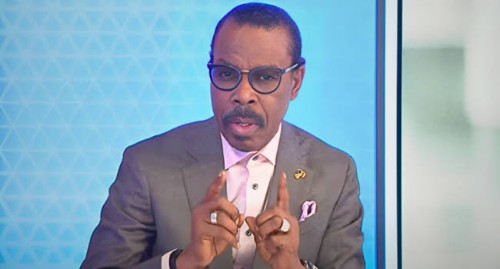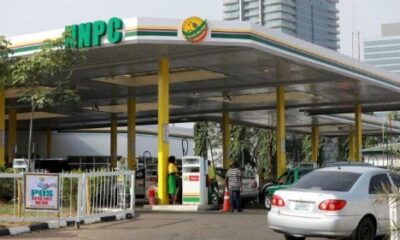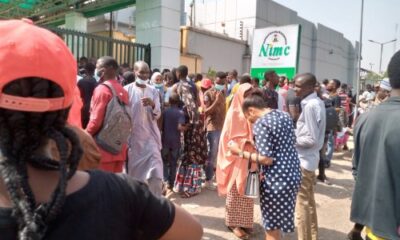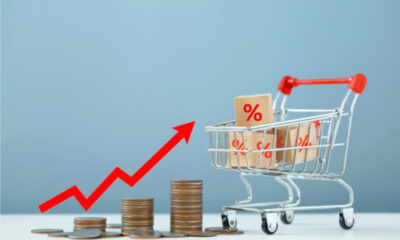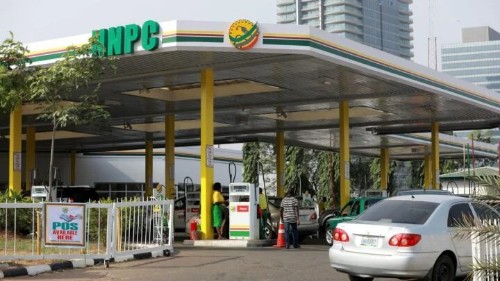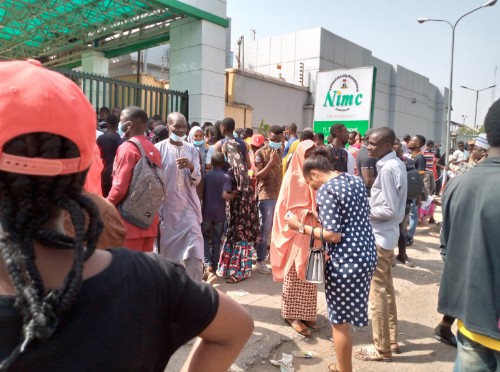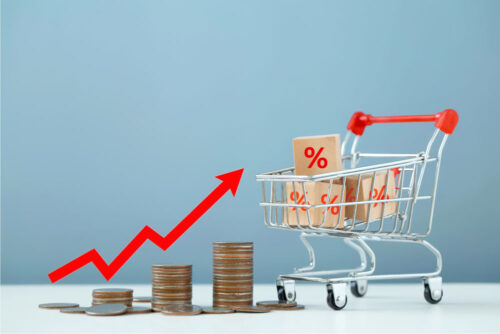Renowned Economist and Managing Director/Chief Executive Officer of Financial Derivatives Company Limited (FDC), Mr. Bismarck Rewane, has thrown his weight behind the Windfall Tax on financial institutions by the Federal Government, describing the policy as a win-win situation, and one aimed at fostering social good and entrenching equitable distribution of resources for Nigerians.
Windfall taxes are designed to capture extraordinary profits that arise from unexpected economic events. In Nigeria’s case, these profits have largely resulted from the recent naira devaluation, which has significantly benefited banks. Therefore, a nuanced understanding of this concept is critical to the overall conversations around the policy and its implementation.
He stated this during an on-air interview on the topic: ‘Understanding the Workings of the Windfall Tax Policy in Nigeria’, on ‘Business Nigeria’, a business and economy focused programme on TVC, on Wednesday August 28, 2024.
The Windfall Tax, Rewane said, “would come up with the concept of a joint venture where the government has part of it, and the private taxpayer has part of it. So, in all this model, everybody is in what I call a ‘win-win’ situation”.
The FDC CEO made references from his presentation titled: ‘Windfall Tax: Incentive or Penalty?’ noting that as citizens, the government wants you to have a say in how the tax is spent and administered. “So, we want a swap. Rather than pay us cash tax, we give you a road to zero, right? And that road is ours. We build it and people will see it and we get quite a good capital out of it. We get economic capital, and everybody sees it as part of your social responsibility. You would have an asset with benefits for people.”
Rewane pointed out that traditionally, government activities are funded by taxes and other forms of revenue including levies, rates, and others, and “this factor in companies or sectors making extraordinary income. The higher the tax revenue, the greater the ability of the government to fund its goals and its activities for social good”.
According to him, there are four elements that constitute a nation’s GDP, namely: government expenditure, investments, consumer income or aggregate consumption, and net exports. In the same way, he said, taxes are subject to four principles. Firstly, a tax must generate revenue. Secondly, it must be easy to administer, must be neutral, and must be equitable.
Rewane argued that the Windfall Tax policy buttresses the Robin Hood philosophy of the rich paying more than the poor or the socio-economically vulnerable. “Assets provides an impetus for growth. The assets belong to the government. But it is funded on the profits of the taxpayer. But the most interesting alternative is to have the asset belong to the taxpayer”, he said.
Rewane pointed out that the windfall tax is not a Nigeria-specific tax policy, but one that has been adopted by many other nations. He cited the examples of countries like the United Kingdom which had a 35% windfall tax on oil and gas companies in 2022, and Portugal which had 13% windfall tax on energy companies and food retailers to reduce inflation and boost renewable energy investment. Czech Republic on their part used 60% of its Windfall Tax to subsidize energy costs and support social assistance programmes, while Germany channelled 90% of its tax with proceeds to support people by putting a break on energy tariffs.
Rewane explains that Nigeria’s tax-to-GDP ratio is currently 9.4 percent, lower than that of Ghana (12.3 percent) and South Africa (26 percent). This discrepancy is partly due to a lack of confidence in the government’s ability to deploy tax revenues effectively. He argues that if taxpayers believe their money is being well-spent on public goods and services, they are more likely to comply with tax policies.
According to Rewane, the discussion around the windfall taxes falls within the broader context of Nigeria’s economic goals. The government aims to achieve a one trillion-dollar economy by 2028, with an average growth rate of 5 to 6 percent. To reach these targets, it is essential to balance revenue generation with investment and consumption, ensuring that all elements of the economy are working together to drive growth.
Rewane urged for more understanding on the part of the citizens and organised private sector, saying that the government, by its mandate, has a major role to play in the economic development of the country and is not oblivious of the fact that some people are making extraordinary gains and that these gains need to be distributed evenly for common social good.
“Our concern here should be: How can we make this more efficient, so it becomes a win-win? The government wins, the people win, and the taxpayer being the public entity that made the primary profit also wins”, he said.
A critical aspect of Rewane’s argument is the importance of trust between the government and taxpayers. He asserts that for any tax policy to be effective, there must be a perception that the revenue collected is being used efficiently and transparently. This is especially true in Nigeria, where public skepticism about government spending is high.
The revered economist also spoke on the responsibilities and expectations of institutions to taxes, saying, “We have a moral and social responsibility to pay our taxes, but that does not include exploitation or extortion. We don’t want that to happen. The greatest incentive for people to pay taxes is that people can see that the taxes they have paid has turned into material benefits for them. They can see the roads, they can feel the power supply, they can see the water, and they can see it’s for social good. So, that’s the litmus test for getting people to pay tax”.

 BIG STORY4 days ago
BIG STORY4 days ago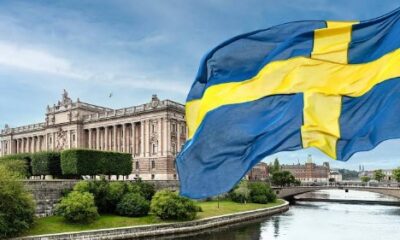
 BIG STORY4 days ago
BIG STORY4 days ago
 BIG STORY3 days ago
BIG STORY3 days ago
 BIG STORY4 days ago
BIG STORY4 days ago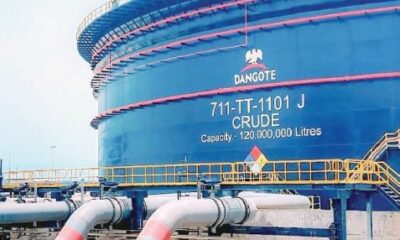
 BIG STORY3 days ago
BIG STORY3 days ago
 BIG STORY4 days ago
BIG STORY4 days ago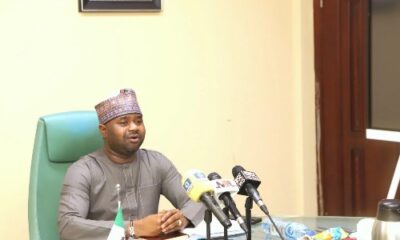
 BIG STORY2 days ago
BIG STORY2 days ago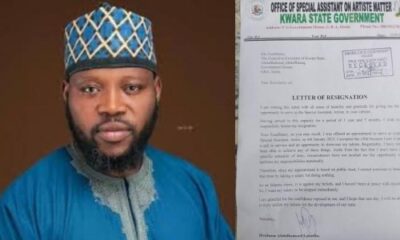
 BIG STORY4 days ago
BIG STORY4 days ago



